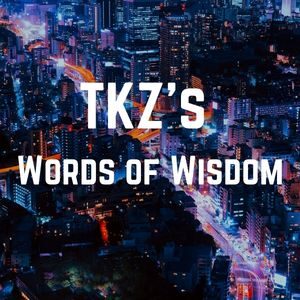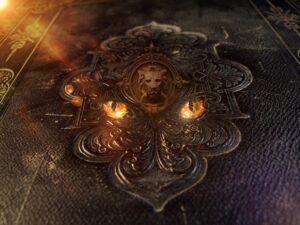Some great thoughts on pursuing a story idea that you know is good, putting your soul into the story, and how your personality affects your chances of success. Below are excerpts from three great articles from the archives on what makes a book successful. Links are provided to the articles. Consider reading them. Then give us your thoughts below in the comments. Feel free to comment on other’s comments and strike up a discussion.

When I first met Kurt Muse about eight years ago, and he told me the story of his clandestine efforts to topple Manuel Noriega, and of his subsequent arrest and escape at the hands of Delta Force, I confess that I didn’t believe him. The story was too spectacular—too big—not to have been written about already. But it all checked out.
After Kurt and his wife, Annie, met with my wife, Joy, and me at the always-wonderful Café Renaissance in Vienna, Virginia, we shook hands and a pact was made. Together, we would write a book about courage and patriotism; about success over outrageous odds. It would be a story of public servants who truly serve the public, about people who risk everything for strangers with no expectations of recognition or thanks.
No one would touch it. – John Gilstrap – January 30, 2009
On a recent writer’s forum, someone asked the basic question: “what makes a good book?” Or, better yet, why is it that some books are hard to put down while others are easier to put down than a bucket of toxic waste?
From a technical standpoint, we could analyze the grammar, punctuation, sentence structure, command of the language, and a dozen other things we studied in school. (Which begs the question: why aren’t all English professors bestselling authors? But that’s something for another blog post.)
We could also discuss the book’s premise, theme, plot, voice, style, pacing, point of view, accuracy, and all those issues that were topics at the last writers’ conference workshop.
But my answer to what makes a good book is simple: soul. By that, I mean the soul of the writer. The more a writer involves or reveals his or her soul in the writing, the more the reader can and will relate to the story. Since soul is what separates us from the chimps and fish, it’s the element of a story for which we can all connect. – Joe Moore – January 28, 2009
I have been pondering the sticky issue of looks, personality and success and how this translates in the world of publishing.
I remember reading a story in the New York Times a few years ago on the anatomy of a bestseller and it compared two books coming out that year that had received huge advances and marketing budgets – one was The Historian by Elizabeth Kostova and the other was (and this is prophetic…) something I can’t even remember. Anyway, the gist of the article was that the author of The Historian had been willing to do a great deal of publicity and ‘be out there’ while the other author was virtually a recluse. While The Historian went on to make millions the other book sunk like a stone despite all the publisher money thrown at it. The moral of the story (I think) was that to be a bestseller a writer had to throw aside introversion to be successful. Basically, this article suggested, a writer could no longer afford to sit behind a typewriter or a computer. Nowadays that’s a no-brainer but still it got me thinking about the thorny question of writer personality (and let’s face it looks) and success.
So, throw aside your political correctness and ponder this question…is it easier to be an attractive outgoing writer than a shy, ‘more homely’ one?
Perhaps it’s a crass question but not one I think that is without foundation – especially when photographs are on book jackets and websites and your personality is judged in a range of venues – from online blog entries to in-person panel presentations. How would some of the literary stars of yesteryear fare in our current media-centric environment? Can a writer even afford to be introverted these days? How much is publishing success like a throwback to high school – when many yearned to be the prettiest and bubbliest of them all? – Clare Langely-Hawthorne – January, 12, 2009
Please give us your thoughts.




 Three days ago (Tuesday), my wife and I sold an office building where I had practiced medicine for thirty-five years of my 40-year career.
Three days ago (Tuesday), my wife and I sold an office building where I had practiced medicine for thirty-five years of my 40-year career. The first crossword puzzle was published December 21, 1913, in The New York World by British journalist, Arthur Wynne. 109 years later, crossword puzzles remain wildly popular. A Google search revealed 10 free online crossword puzzles on the first page.
The first crossword puzzle was published December 21, 1913, in The New York World by British journalist, Arthur Wynne. 109 years later, crossword puzzles remain wildly popular. A Google search revealed 10 free online crossword puzzles on the first page.